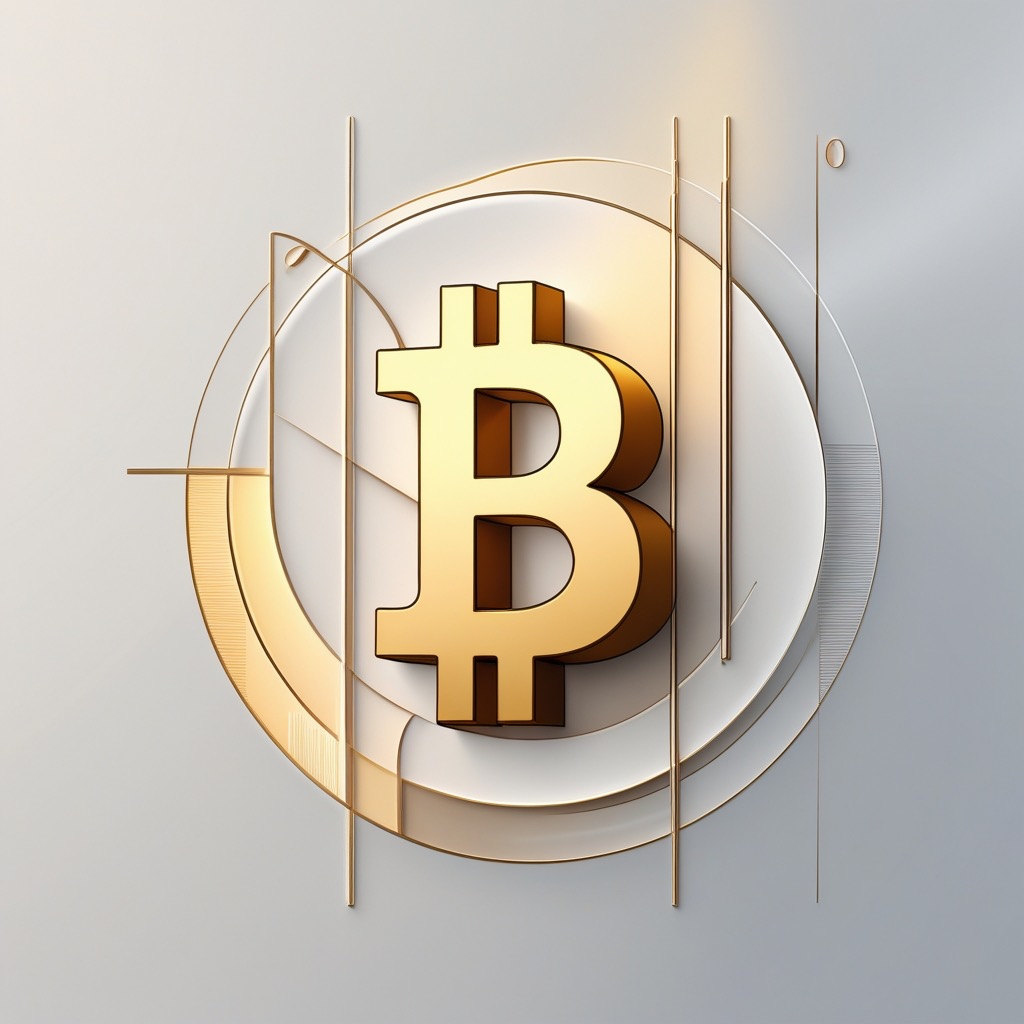The world of cryptocurrency is experiencing a wave of major news — each headline alone would be worthy of deep analysis, but together they paint a new picture of the future of digital assets in the global economy. From companies integrating Bitcoin into daily payments to state-led initiatives to build BTC reserves and ongoing institutionalization of tokens through ETFs.
Block Launches Bitcoin Payments for Businesses
Block, the company founded by Jack Dorsey, has announced the launch of Bitcoin payments on the Square platform, which is widely used by small and medium-sized businesses around the globe. The rollout is expected by the end of 2025. Merchants will be able to accept BTC payments with the option to either hold the cryptocurrency or instantly convert it into fiat in real time.
The core technology behind this solution is the Lightning Network, which enables near-instant and low-cost transactions. This allows businesses to accept BTC without the risks of volatility or payment delays.
– “Our goal is to equip every entrepreneur with the tools to embrace the financial future. Bitcoin isn’t just an asset — it’s the foundation of a new economy,” a Block representative said.
This initiative could become one of the most significant real-world Bitcoin integrations given Square’s global footprint.
Telegram Issues $1.5 Billion in Bonds
Telegram is also diving deeper into crypto trends. According to insiders, the messaging platform plans to raise $1.5 billion through the issuance of bonds. The deal has already attracted interest from major investors like BlackRock, Mubadala, and Citadel.
The funds are expected to go toward expanding Telegram’s infrastructure and integrating with TO* — the company’s proprietary blockchain platform. This is another step toward financial decentralization, where traditional forms of capital meet cutting-edge technologies.
Institutional interest reflects growing confidence in the Telegram ecosystem, especially after a recent surge in activity within TON and an increase in user adoption.
Pakistan to Create a Bitcoin Reserve
At the Bitcoin 2025 conference held earlier this week, an advisor to Pakistan’s Prime Minister made a bold announcement: the country intends to create a strategic reserve in BTC. Details have not yet been disclosed, but it is confirmed to be a government initiative, not a private investment.
Pakistan would become one of the first developing nations to officially declare its intention to include Bitcoin in its national reserves. The move is driven by familiar pressures: currency devaluation, high inflation, and the need to hedge reserves against geopolitical risks.
This may set a precedent for other countries looking for alternatives to the US dollar and gold.
SEC Delays Decision on XRP ETF Again
Meanwhile in the U.S., the SEC has once again delayed its decision on the XRP ETF proposed by WisdomTree. While Bitcoin-based ETFs have already been approved and are gaining traction, XRP continues to raise concerns among regulators — especially following the long-running legal battle between Ripple and the SEC.
The market expects movement in the coming months, particularly as institutional and legislative pressure continues to build.
U.S. Could Buy 1 Million BTC
Senator Cynthia Lummis, known for her crypto advocacy, announced plans to reintroduce legislation proposing the purchase of 1 million BTC for the U.S. national reserve. A previous version of the bill failed to gain sufficient support, but shifting political dynamics and Bitcoin’s growing recognition as “digital gold” may help push it forward.
If passed, it would be the largest government investment in cryptocurrency in history, and would reinforce Bitcoin’s role as a strategic asset.
All of these developments point to one thing: cryptocurrencies are becoming increasingly embedded in the global financial system. Bitcoin is evolving from a speculative asset into a payment method, governments are beginning to treat it as a reserve asset, and major corporations see it as vital infrastructure for growth.
2025 is just getting started, but it’s already shaping up to be a turning point for the entire crypto industry.
